Welcome
I started this blog in 2013 to share my reflections on reading, writing and psychology, along with my journey to become a published novelist. I soon graduated to about twenty book reviews a month and a weekly 99-word story. Ten years later, I've transferred my writing / publication updates to my new website but will continue here with occasional reviews and flash fiction pieces, and maybe the odd personal post.
|
While the title declares the first of these novels, set in Lagos, to be about siblings and killings, it’s not immediately obvious how it applies to the second, set in Perak, Malaysia. A boy who feels guided by his dead twin, a young woman strongly attached to her stepbrother, and mysterious deaths that might be the work of a tiger: does that nail it? Read on!
6 Comments
I wondered, initially, whether the fact that these two short novels include images would be sufficient reason to pair them in a post. But, while different in style, they’re both about identity (among other matters). In the first, a young man uses photographs he has inherited to try to understand the woman who kept them, as his own identity seems to merge with hers. In the second, an older man finds his identity as an illustrator losing out to his role as grandfather.
I can recommend both of these novels about women whose lives are entangled with that of one man. In the first, three Australian friends are stalked by an unpleasant character when they embark on a long-distance walk. In the second, three Nigerian women have managed their common husband successfully, until he introduces a fourth wife into their home.
Published this month are the debut novels of two promising Irish writers, both looking back to that country’s history, through the changes wrought by time on a family home. In the first it’s a humble farmhouse and overnight refuge for freedom fighters in the War of Independence, barely inhabitable when an exile considers buying it a hundred years later. In the second it’s the grand house of the local gentry when the narrator first crosses the threshold as a ten-year-old servant, and latterly the hotel where he reviews the eighty-plus decades of his life. And if you’re wondering about the coincidence of the blue covers, why not look back on this post?
Young women, invisible even to themselves: My Year of Rest and Relaxation & Pretend I’m Dead31/12/2018 I’m rounding off my reading year with reviews of American novels about women in their mid-20s who are estranged from everything, even themselves. While the first owns two properties and the second cleans other people’s houses for a living, they are equally desperately homeless inside. While the first namedrops designer labels, and the second cleaning products, both bring a light touch to the tragedy of feeling invisible and being insecurely attached.
There seems to be a chain of connections between my reviews so far this month; either of these novels, but especially the first, could have been paired At Dusk. Although the school friends in Ponti aren’t reunited until late in the novel while, in Falling Leaves it’s towards the beginning and after a gap of only seven years, the resonance is perhaps equally strong. And, no, they didn’t make contact through a now-defunct social media site, nor at a school reunion, but you’ll have to read on to find out how.
As if my head weren’t buzzing enough with the enigma of identity, I’ve recently read two translated novels exploring the gap between where the characters come from and where they ended up. In the first, a forty-something German man has given little thought to his origins across the border; in the second, two women, juggle loneliness and language difficulties as they gradually acclimatise to new lives in Australia, far from home.
Amid my musings on identity, I’m fascinated by how religion shapes the someone we might become. Part of the legacy of a Catholic childhood is, for me, a curiosity about the social systems of irrationality, indoctrination and segregation, especially in their extreme forms. What attracts people to such institutions and how do they withdraw? Women Talking addresses the latter question; The Incendiaries the first.
October’s final novel pairing involves migration, mothers and sons, and a couple of anthropoid cats. In the first, reckless spending pushes a mother and her co-dependent son to leave Manhattan for Paris along with the family cat; in the second, a woman is forced to flee Kosovo for Finland, where her son grows up distant from family and roots until he begins an affair with a talking cat.
I’ve recently read two semi-autobiographical debuts about highly intelligent young women battling initially protective and subsequently persecutory alter egos to assert their real selves. The first set in Nigeria and the USA, the second in the UK, they provide fresh perspectives on the experience of mental disturbance from the inside.
Two novels with an unusual perspectives on mothers and mothering: the first an Indian dystopian novel about a woman’s rapid descent down the social scale after her husband and three-year-old daughter are taken from her; the second an English psychological thriller about a woman who never had, nor wanted, children who receives a Mother’s Day card in the post.
Two novels about British women working in a war zone: Kay as a journalist in Africa; Emma processing asylum applications in Iraq. Despite the dangers and deprivations, both felt invigorated by their work; something’s lost in marriage (plus children for Kay) and a move to the USA (temporarily for Kay with a summer rental; supposedly permanently for Emma and her soldier husband). Both novels capture the lure of extreme situations which, once savoured, set the women apart.
Two tales of boy slaves in the nineteenth century, both of whom gain their freedom and travel overseas. Born into slavery, Washington Black’s story begins on the familiar territory of a Caribbean sugar plantation, but his adventures take him right around the world. Tsito’s enslavement in his native Madagascar is one many English readers will be unaware of; although beginning less brutally, he’s witness to a terrifying purging of Christians and suspected traitors by a vengeful queen. (Follow this link for reviews of two other less well-known slavery stories.)
Earlier this year, I reviewed two novels in which disgraced daughters were banished from home. Although not cut off from family, the daughters in these two new novels have an even harder time in their enforced separation from wider society, with a violent father – or his proxy – governing their every move. While in Ghost Wall, Silvie’s participation in the Iron Age re-enactment is temporary, the three sisters in The Water Cure, are persuaded that without their seclusion they would die.
Too few novels recreate the reality of the working environment, so hurrah for another two about women at work. From a contemporary Japanese supermarket to a library in a late 50s English country town, these depict women who take their work identity very seriously indeed. But the arrival of a man, alongside their own passion for the work, brings complications. Can Keiko and Sylvia hold onto their jobs?
Two novels about young Asians migrating to the USA: in the first, an Indian man receives a cultural, sexual and political education in New York; in the second, a woman has been stripped of wealth, lover and purpose when she leaves her native Philippines to shack up with relatives in a poor part of California.
Having decided to pair these novels on the basis of the unlikely friendships I’d gleaned from the blurbs, I was pleased to discover other commonalities that caught my attention more. Both authors bring a female perspective to life on an East Anglian farm, albeit almost a century apart. While Tina Hopgood is in her 60s and Edith Mather only fourteen, both narrators are lonely, despite having family around them, and unsure about their right to choose their own future.
Kimiâ and Zebra are women in their early 20s with roots in the Mazandaran region of Iran. Both have been shaped by their fathers’ intellectual and political allegiances that forced them into exile as young girls. Both have grown into young adults slightly distant from their own emotions but, while Kimiâ, now living in Paris, has forged an identity that separates her from her family of origin, Zebra, now an orphan travelling from New York to Barcelona, is disturbed and disturbingly loyal to her heritage.
Follow this link for other accounts of the refugee experience. I’m linking these novels less for the arboreal coincidence of the titles but because each is about the impact of another culture’s approach to death and/or ageing on a Westerner’s life. For the first, six months as a young man deep in the forest of a remote Micronesian island determine the course of his professional and domestic life; for the second, a glimpse of the culture of the Toraja people in Indonesia in middle age helps him mourn the loss of a close friend.
Can you rewrite your own history and get away with it? That’s what Joseph Silk and Mary Holmes, lead characters in these two new novels, seem to have done. Both have been motivated to avoid traumatic memories – but there are consequences. In Joseph’s case, it’s been the impact on his family; in Mary’s, it’s a lifetime of guilt. Both novels feature a bond between young and old. Both address aspects of the Second World War: Joseph takes his suffering under Nazi-inspired racism in Hungary to his grave; far away in relatively safe Dorset, the backdrop of war pushes Mary to confess. Read my reviews and see whether you sympathise with the decisions they took.
If you’re going on holiday this summer, you might be tempted to take one of these novels with you. The first focuses on the people who entertain and assist the visitors to a Victorian pier at an English seaside resort across a period of over a century; the second on a family taking a long holiday together on the coast of Finland. But, of course, while it might be all smiles and bonhomie on the surface, there are disconcerting undercurrents to keep you turning the page. Let me know which takes your fancy.
When teenagers flee the family home to fend for themselves, they swap one kind of brutality for another. And while their troubled lives will have forced them to develop survival skills in some areas, they are often more vulnerable than their peers in others, such as emotional literacy. But real-life tragedy can make engrossing fiction as you’ll find if you let the young narrators of these two novels lead you into the wilderness: Jaxie in Western Australia and Sal and her younger sister in Scotland. For real-life youth homelessness, mostly in urban areas, Centrepoint (in the UK) is worth supporting.
If adolescence was the invention of the baby boomers, it’s the millennials who’ve shown – along with recent(ish) research into the developing brain – that this interlude between childhood and adulthood lingers well into one’s twenties. At this stage of our lives, many of us are still experimenting with who and how to be, as these two debut novels illustrate in thoughtful and entertaining ways. The young female narrators juggle the legacy of patchy parenting; love triangles; envy and class privilege; and platonic and sexual relationships at the boundary between intimacy and privacy – and city living, one in London and the other in Dublin. Read on!
Annecdotal is marking refugee week with two new translations: a novella and novel by authors with direct experience of being a refugee. The first is an innovative collaboration between current residents of the Palestinian camp in Shatila and a London-based publisher; the second is by and about a Bosnian Muslim exiled to Croatia who later arrived in Scandinavia as a refugee.
|
entertaining fiction about identity, mental health and social justice
Annecdotal is where real life brushes up against the fictional.
Annecdotist is the blogging persona of Anne Goodwin:
reader, writer, slug-slayer, tramper of moors, recovering psychologist, struggling soprano, author of three fiction books. LATEST POSTS HERE
I don't post to a schedule, but average around ten reviews a month (see here for an alphabetical list), some linked to a weekly flash fiction, plus posts on my WIPs and published books. Your comments are welcome any time any where. Get new posts direct to your inbox ...
or click here …
Popular posts
Categories/Tags
All
Archives
March 2024
BLOGGING COMMUNITIES
|
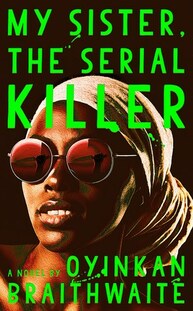
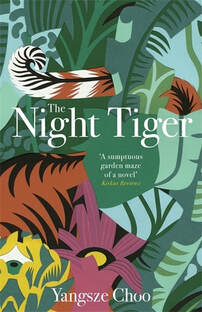
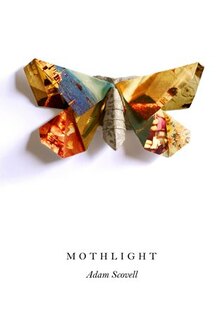
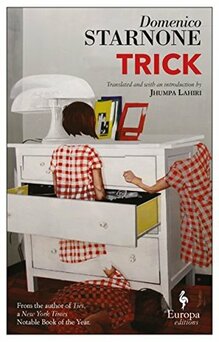
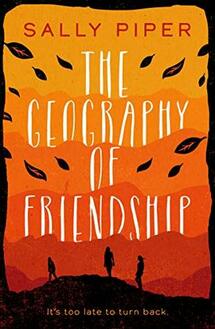
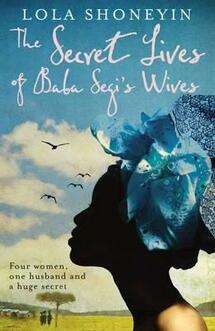
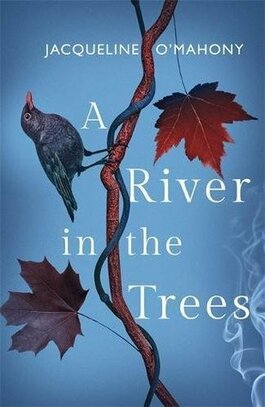
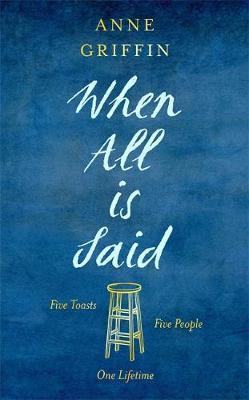
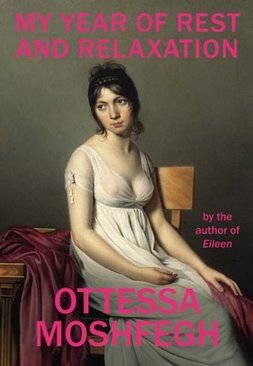
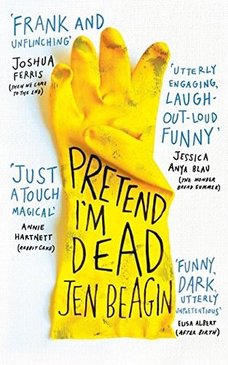
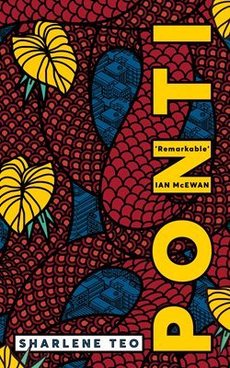
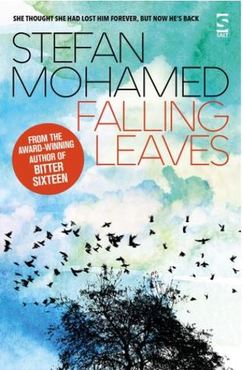
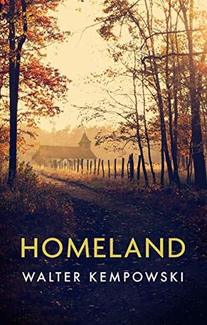
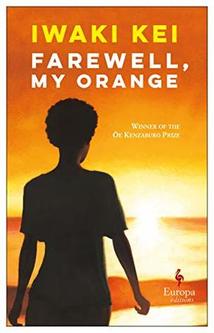
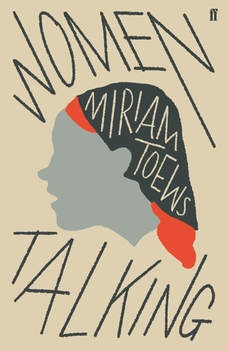
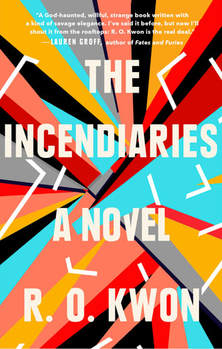
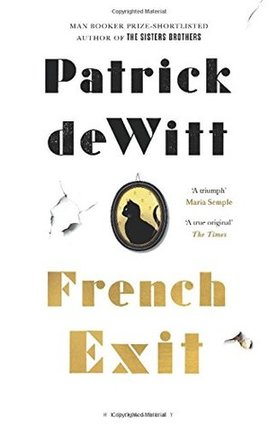
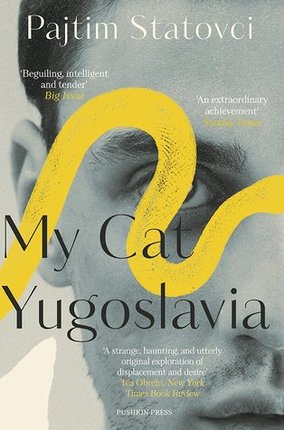
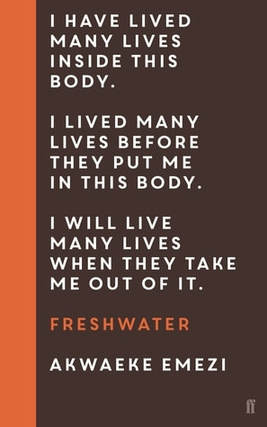
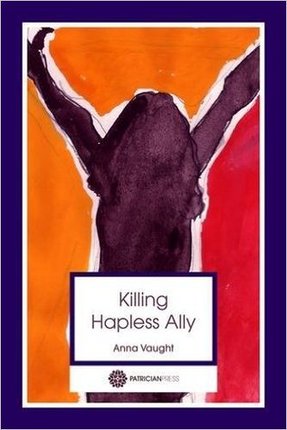
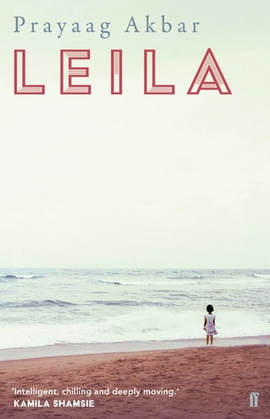
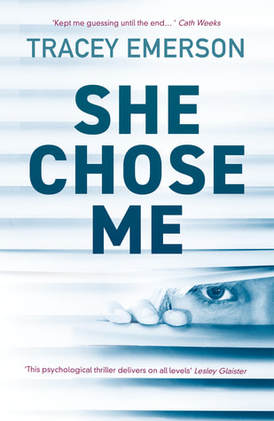
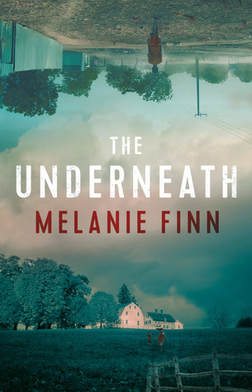
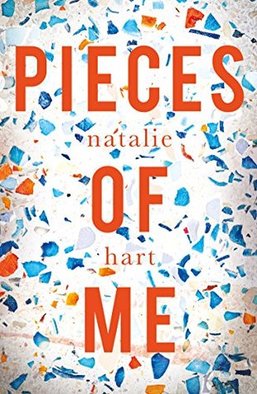
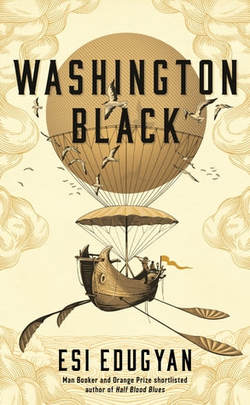
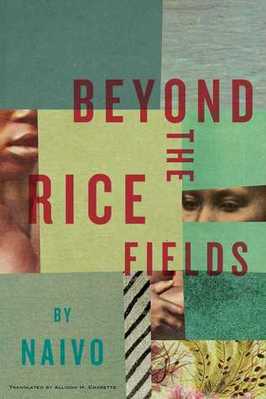

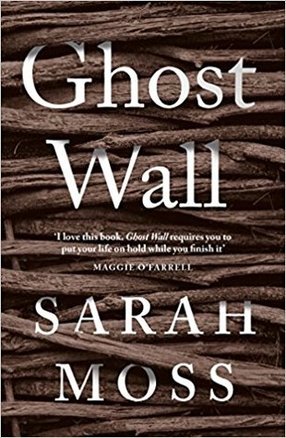

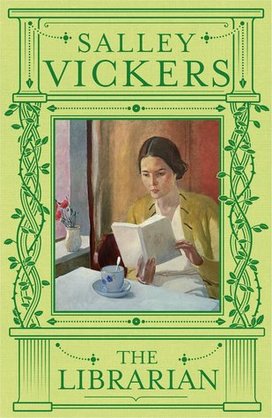
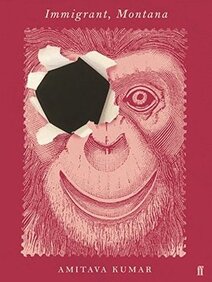
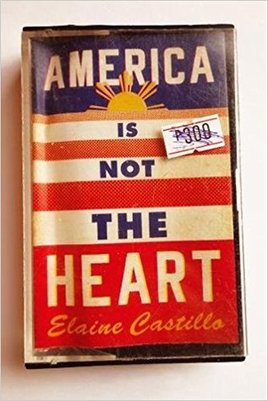
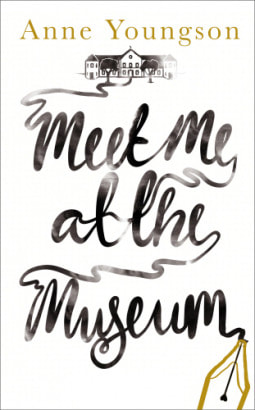
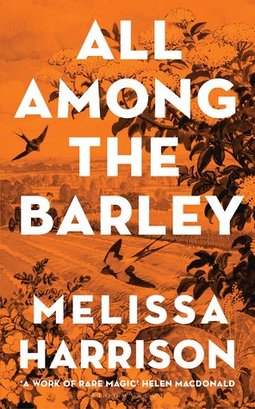

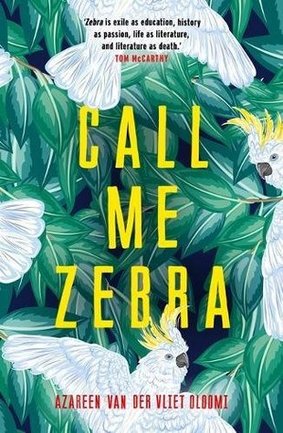
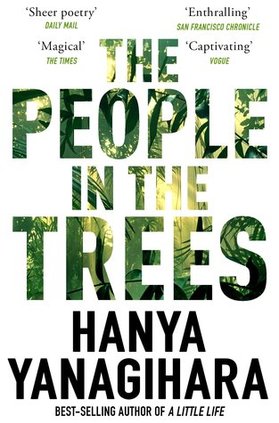
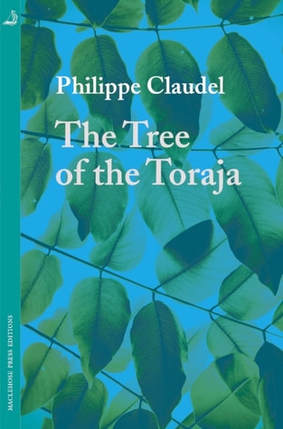
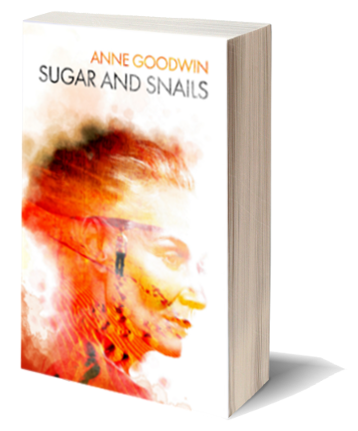
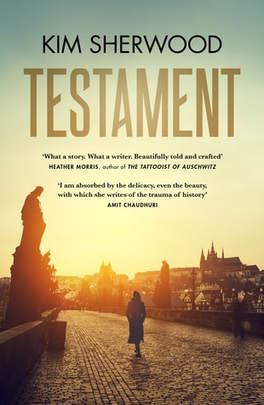
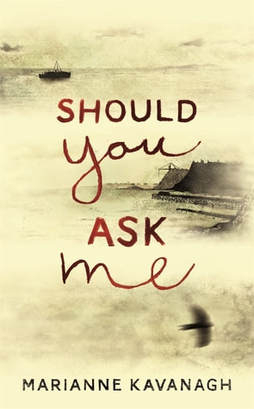
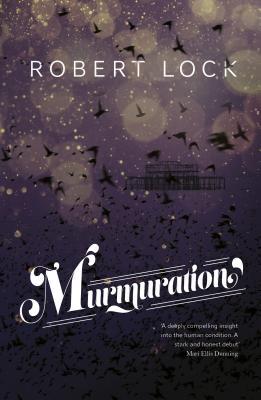
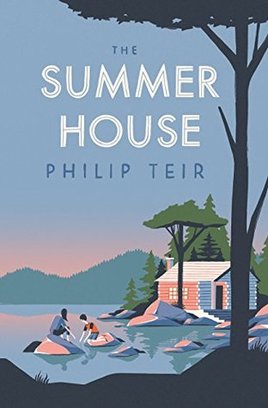
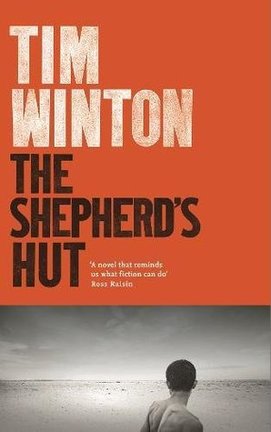
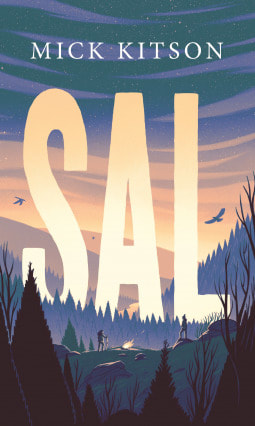
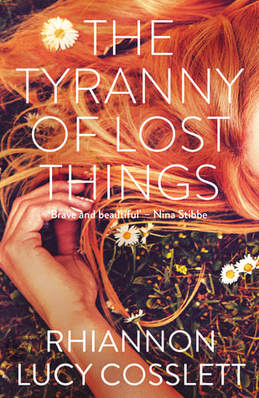
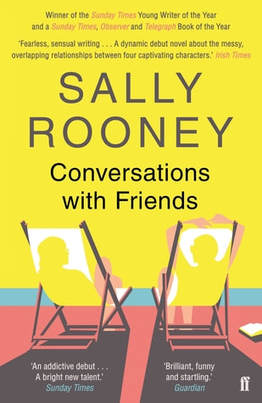
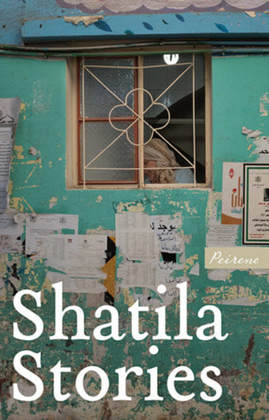
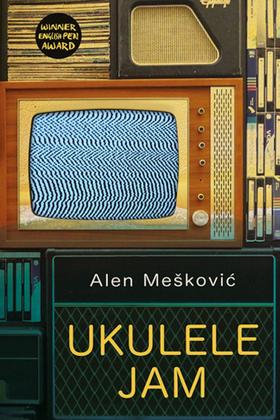





















 RSS Feed
RSS Feed





















